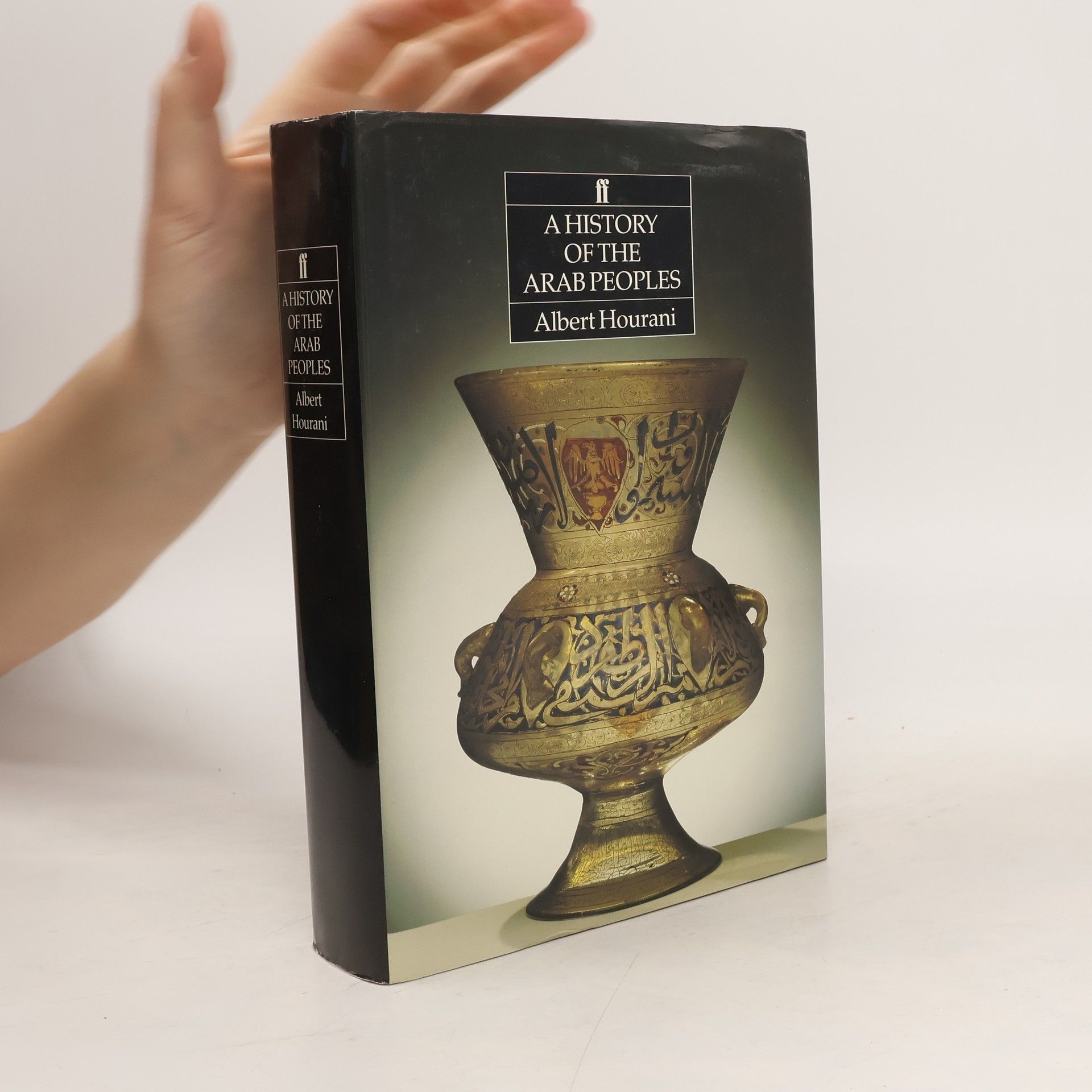Kniha zachycuje historii arabsky mluvících zemí severní Afriky, Španělska a Blízkého východu od příchodu islámu v 7. století až po polovinu osmdesátých let století dvacátého. Kromě politického a ekonomického vývoje se autor věnuje hlavně společenským a duchovním změnám, takže se čtenář může seznámit s utvářením islámských doktrín i s jejich pozdějším přizpůsobením měnícím se podmínkám moderní doby.
Albert Habib Hourani Pořadí knih (chronologicky)
Albert Hourani se zabýval hlubokou historií a kulturou Blízkého východu, zejména moderními arabskými dějinami. Jeho práce se vyznačovala precizním akademickým přístupem a snahou porozumět složitým mezinárodním vztahům v regionu. Hourani zkoumal politické a společenské proudy, které formovaly arabský svět, a jeho analýzy ovlivnily generace studentů a badatelů. Prostřednictvím svého rozsáhlého výzkumu přispěl k hlubšímu pochopení historických souvislostí moderního Blízkého východu.




The Modern Middle East
- 712 stránek
- 25 hodin čtení
This textbook assembles key writings on the modern history of the Middle East by some of the most distinguished specialists in the field. It has been revised and now contains a range of additional material on the history of the region since the 1990s. schovat popis
Der Islam im europäischen Denken
- 263 stránek
- 10 hodin čtení
Encompasses twelve centuries of Arab history and culture while including contemporary conflicts and issues.